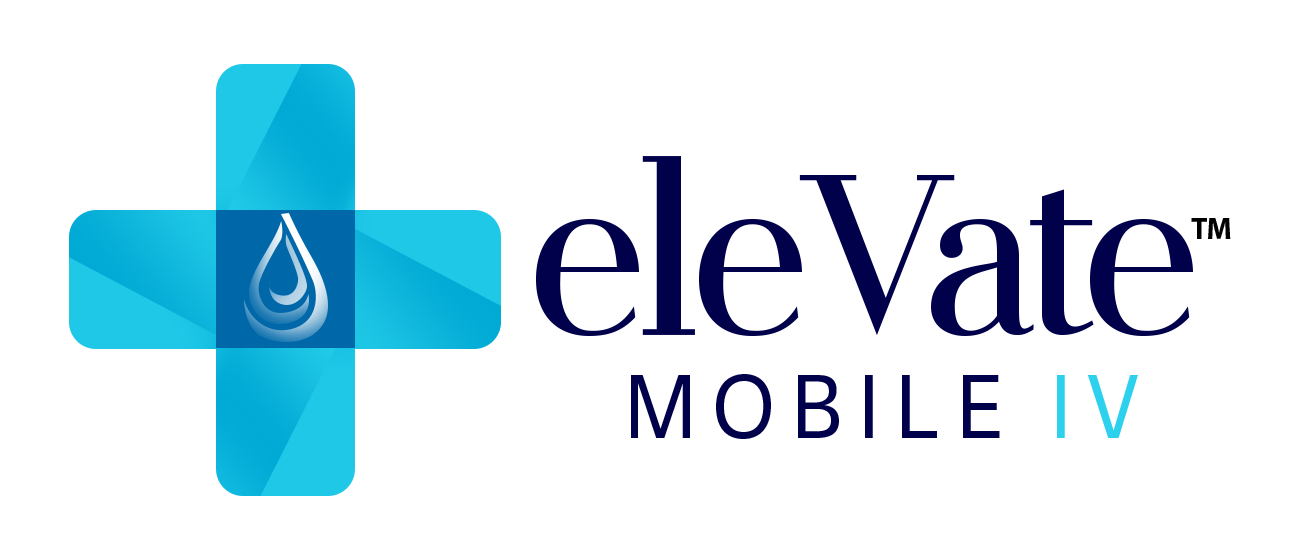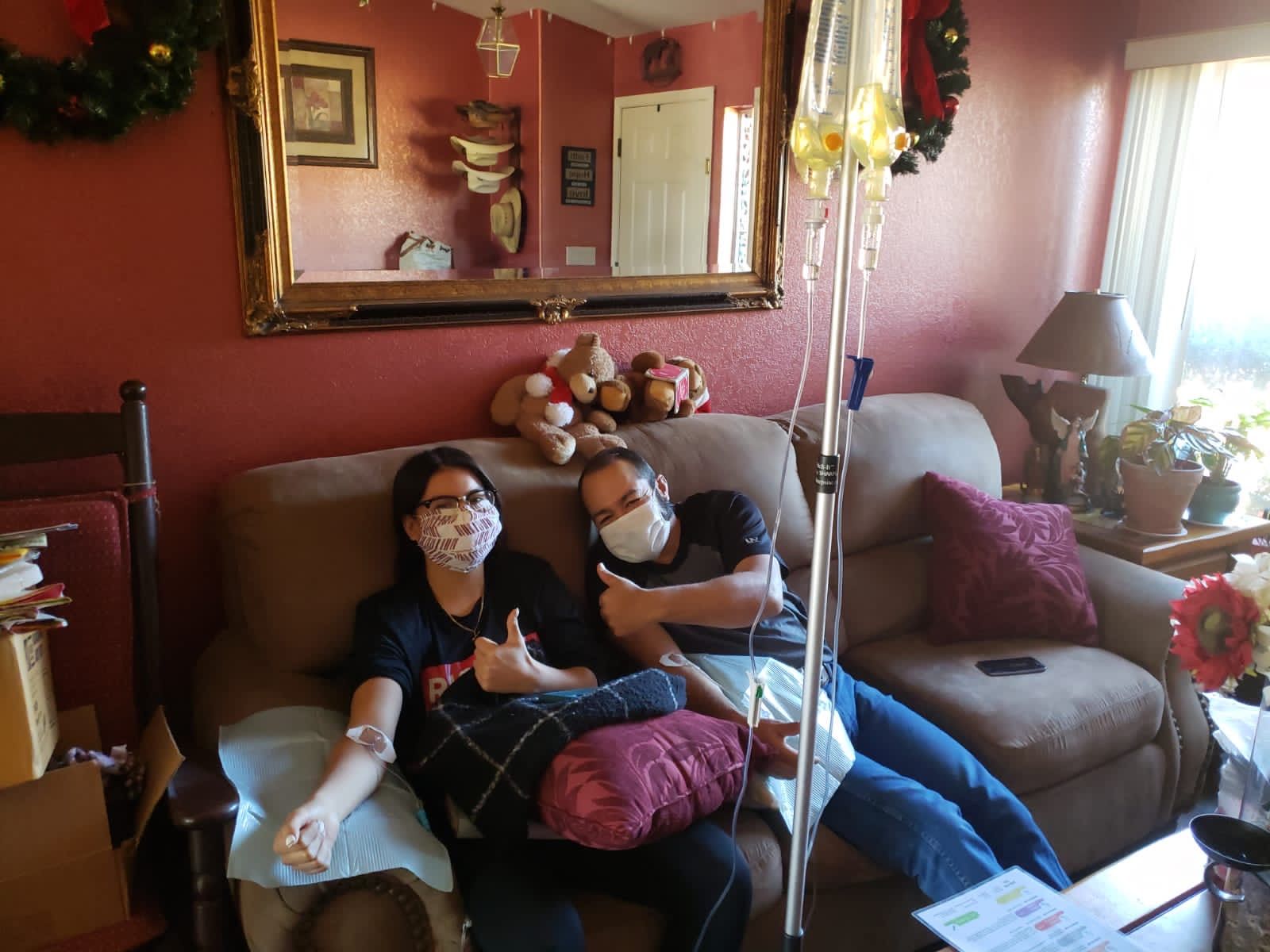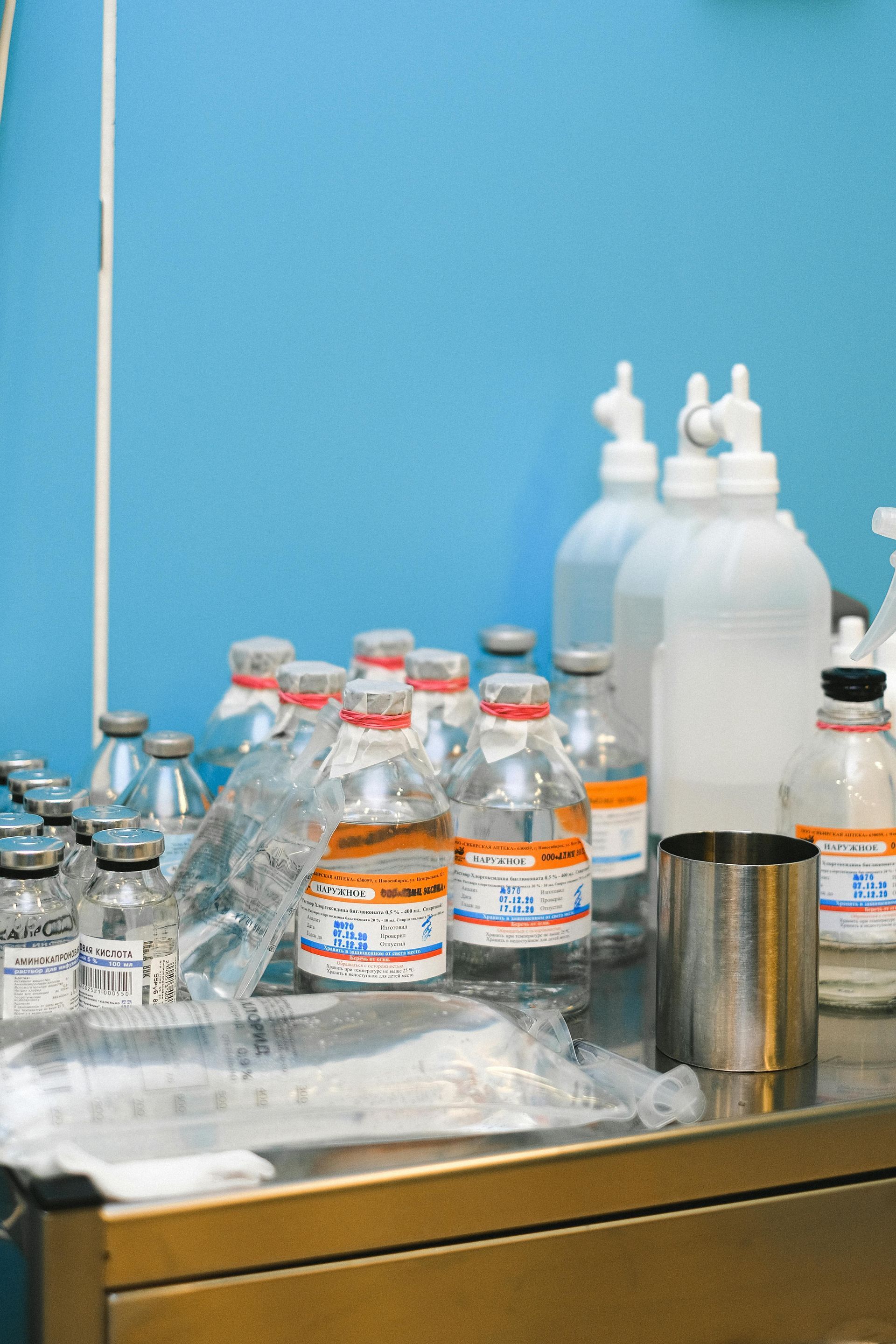The keto diet dehydration challenge affects nearly every person transitioning to nutritional ketosis. When your body shifts from burning carbohydrates to using fat for energy, significant changes occur in how your system processes fluids and essential minerals. This metabolic process can increase your risk of developing complications if proper attention isn't given to hydration and electrolyte balance. Understanding these effects can help you maintain proper hydration while reaping the weight loss and long-term health outcomes benefits of a low-carb diet.
Many people experience symptoms like fatigue, headaches, and constipation during their first few days or weeks on keto. Proponents of the ketogenic diet often report that these issues stem from dehydration and electrolyte imbalance rather than the metabolic transition itself. Some individuals may also notice changes in sleep patterns, bad breath with an acetone odor, and digestive complaints during the initial adjustment period.
What Causes Dehydration on a Keto Diet?
Dehydration on a keto diet occurs primarily due to reduced insulin levels and glycogen depletion. When you drastically cut carbohydrate intake, your body begins processing electrolytes differently, leading to increased water and sodium loss through the kidneys.
Here's what happens in your body during ketosis:
Insulin Reduction and Water Loss
Lower carbohydrate consumption leads to decreased insulin production. Reduced insulin signals your kidneys to excrete more water and sodium, increasing urine output significantly during the first week of keto. This process can lead to rapid weight loss initially, though much of this is water weight rather than fat loss.
Glycogen Depletion and Sugar Elimination
Each gram of stored glycogen (carbohydrate) holds approximately 3-4 grams of water. When following a ketogenic diet and eliminating sugar sources, your liver rapidly depletes these glycogen stores, releasing bound water that gets eliminated through urination.
Ketone Production Effects
As your liver produces ketones for energy, these compounds can have a mild diuretic effect, contributing to additional fluid loss and affecting your body's electrolyte balance. Blood ketone levels typically measure between 0.5-3.0 millimoles per liter when in nutritional ketosis. Some people notice breath with an unusual smell, often described as having acetone, benzophenone, or acetophenone-like odor due to ketone production.
Common Symptoms of Keto Diet Dehydration
Recognizing the early signs of dehydration helps you take corrective action before symptoms worsen. People following a keto diet should watch for these indicators:
Physical Symptoms
- Thirst and dry mouth - Often the first noticeable sign, sometimes accompanied by gum discomfort
- Fatigue and weakness - Energy levels drop when cells lack proper hydration, affecting alertness
- Headaches - Can range from mild to severe, especially in the morning (ketosis headaches)
- Constipation - Reduced water intake affects digestive function and fiber processing
- Stomach upset - Including nausea, cramping, or other stomach complaints
- Bad breath - Distinctive odor from ketone production
- Pain or discomfort - Various aches that may relate to dehydration
Electrolyte Imbalance Signs
- Muscle cramps or spasms
- Heart palpitations
- Dizziness when standing
- Mental fog or confusion
- Irritability and mood changes
- Sleep disturbances affecting sleeping habits
Symptoms of ketosis may vary significantly between individuals. People with epilepsy should seek medical advice before starting any ketogenic diet, as medication interactions and nutrient deficiencies can pose additional risks.
These symptoms often overlap with general keto flu complaints, making proper diagnosis crucial for effective treatment. For comprehensive wellness support during your ketogenic journey, consider exploring
professional IV therapy packages designed to address nutritional needs.
Essential Electrolytes for Keto Success
Maintaining proper electrolyte levels becomes critical when following a low-carb diet. The three most important minerals to monitor include:
Sodium
- Daily need: 2,000-3,000mg (higher than standard recommendations)
- Sources: Sea salt, broth, electrolyte-rich foods
- Function: Helps retain water and maintain blood pressure
- Risk: Deficiency can lead to kidney stones and other complications
Potassium
- Daily need: 3,000-4,000mg
- Sources: Leafy greens, avocados, nuts, vegetables
- Function: Supports muscle function and heart rhythm
- Note: Critical for preventing adverse reactions
Magnesium
- Daily need: 300-400mg
- Sources: Dark chocolate, nuts, seeds
- Function: Aids muscle relaxation and prevents cramping
Calcium
- Daily need: 1,000mg
- Sources: Dairy, leafy greens, certain vegetables
- Function: Bone health and muscle function
Understanding proper electrolyte ratios becomes essential for anyone following a ketogenic lifestyle. Many people benefit from an electrolyte supplement to maintain proper mineral balance. Consider consulting with
healthcare professionals who specialize in hydration therapy to develop a personalized approach that meets your specific needs.
Research shows that electrolyte deficiencies are often an under-appreciated cause of keto flu symptoms, making supplementation or dietary sources essential for many people. Professional
mobile IV services can provide targeted support when symptoms become challenging to manage independently.
Natural Ways to Stay Hydrated on Keto
Start Your Day with Hydration
Begin each morning with a large glass of water containing a pinch of sea salt. This practice helps replace sodium lost overnight and kickstarts proper hydration for the day. Some people also claim that adding a squeeze of lemon can improve effectiveness and reduce the risk of stomach complications.
Choose Hydrating Foods
Incorporate water-rich, keto-friendly foods into your meals to increase variety:
- Cucumbers (95% water content)
- Leafy greens like spinach and lettuce
- Zucchini and summer squash
- Broccoli and cauliflower
- Avocados for both hydration and healthy fats
- Berries (in moderation) for antioxidants and fiber
Smart Beverage Choices
- Coconut water (unsweetened) provides natural electrolytes
- Bone broth delivers sodium, potassium, and magnesium
- Herbal teas count toward daily liquid intake
- Infused water with cucumber, lemon, or mint adds variety
These food and beverage choices help maintain proper levels of ketones while supporting hydration and addressing the risk of stomach upset that some people experience.
When to Consider IV Hydration Therapy
Some people benefit from professional hydration support, especially during the initial transition to ketosis.
Medical research demonstrates that proper fluid and electrolyte replacement therapy can quickly restore balance when oral rehydration isn't sufficient or symptoms become severe. IV therapy, including treatments like Myer's Cocktail, can provide comprehensive platform support for hydration and nutrient delivery.
IV hydration therapy might be appropriate if you experience:
- Persistent fatigue despite adequate oral fluid intake
- Severe headaches or dizziness
- Muscle cramps that don't improve with supplements
- Difficulty keeping fluids down due to nausea
- Digestive complaints or stomach upset
- Signs of nutrient deficiencies
Professional medical guidance ensures safe and effective treatment tailored to your specific needs. A doctor can help assess your individual risk factors and recommend appropriate interventions. For residents in Charleston, WV and surrounding areas,
specialized IV therapy services provide convenient, in-home treatment options. Some healthcare platforms like LifeMD and Wellos offer virtual consultations, while others provide comprehensive coaching support.
Creating a Sustainable Hydration Plan
Track Your Intake
Monitor both water consumption and electrolyte intake using apps or simple logs. Many people underestimate their needs, especially during the first month of ketogenic eating. Taking a quiz about your hydration habits can help identify areas for improvement and build confidence in your approach.
Time Your Hydration
Spread liquid intake throughout the day rather than consuming large amounts at once. Your kidneys can only process about 8-10 ounces per hour effectively. This approach also helps prevent digestive complaints and reduces the risk of stomach upset.
Listen to Your Body
Pay attention to urine color (pale yellow indicates good hydration) and energy levels throughout the day. Adjust intake based on activity, weather, and how you feel.
Scientific studies on ketogenic diets emphasize the importance of individualized hydration approaches based on personal response patterns. Some people find that monitoring breath odor can also indicate hydration status, as strong acetone smells may suggest dehydration.
Plan for High-Risk Situations
Increase fluid intake before, during, and after:
- Exercise sessions
- Hot weather exposure
- Travel days
- Illness or stress periods
- When taking certain meds that affect fluid balance
Working with coaches who understand ketogenic nutrition can provide valuable guidance for long-term success.
Long-Term Hydration Success on Keto
As your body adapts to using fat for energy over several weeks, hydration needs typically stabilize. However, maintaining awareness of fluid and electrolyte balance remains important for sustained health and effectiveness on a ketogenic diet. Long-term adherents report that proper hydration supports consistent energy levels and helps prevent adverse reactions.
Most people find that after 4-6 weeks, their hydration requirements become more predictable and manageable. The key lies in establishing consistent habits during the transition period and recognizing individual patterns and needs.
Contemporary research on fluid balance management confirms that personalized approaches yield the best long-term health outcomes. This article emphasizes that attention to hydration details can make the difference between success and struggle with ketogenic eating.
Some individuals may experience ongoing challenges with breath odor, requiring continued focus on dental hygiene including regular teeth brushing and gum care. Others find that certain chemicals in foods or supplements can affect their hydration needs, making ongoing monitoring important.
Remember that proper hydration supports every aspect of your keto journey - from maintaining steady energy levels to supporting healthy weight loss and preventing uncomfortable symptoms that might derail your progress. The source of your hydration matters too, whether from plain water, electrolyte-rich foods, or professional IV therapy when needed.
By understanding why keto diet dehydration occurs and implementing these proven prevention strategies, you can maintain optimal hydration while enjoying the many benefits of nutritional ketosis.






